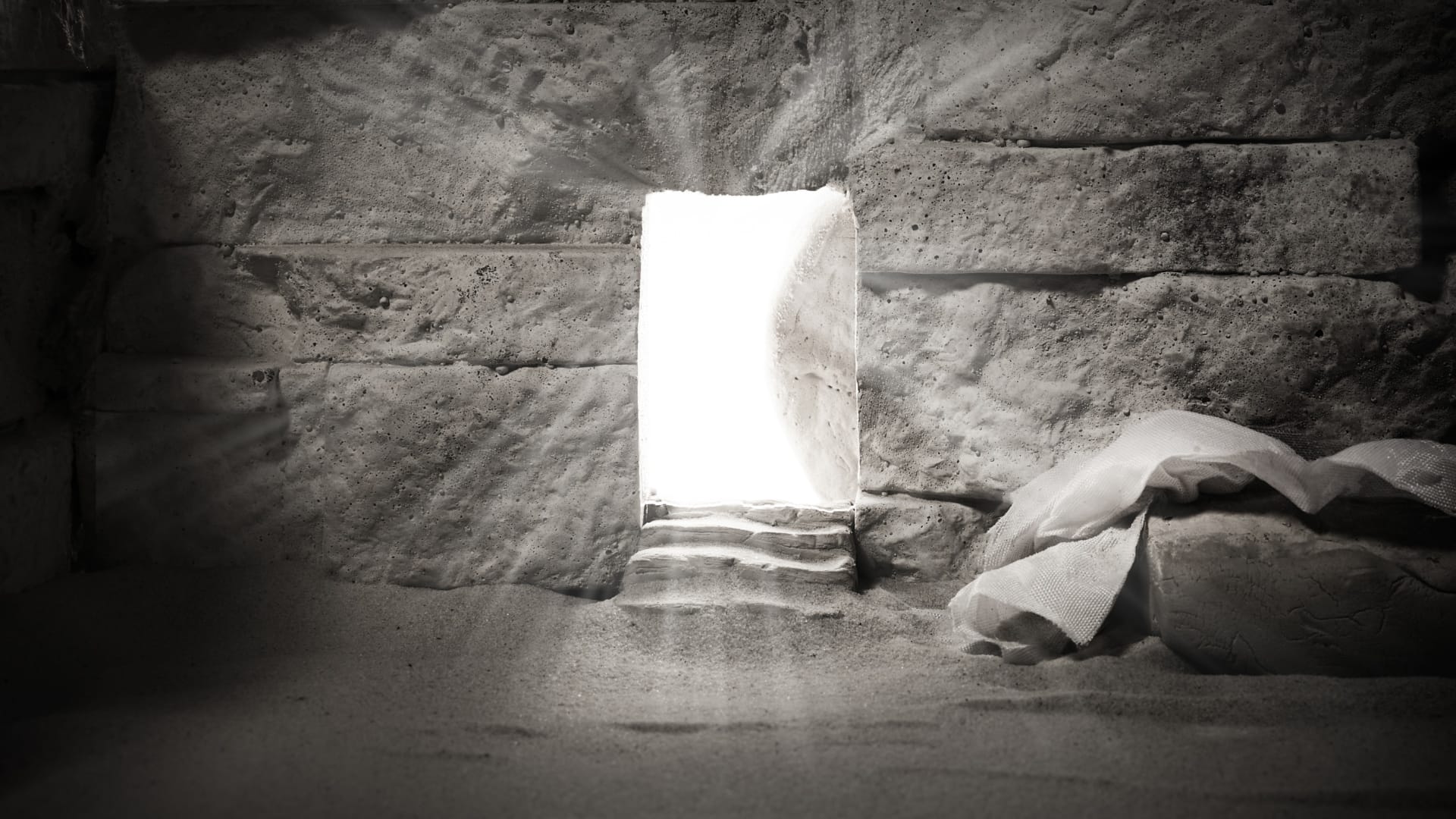Church Matters: Membership

Big Idea: Church membership matters, both in Scripture and in our lives.
We’re in a short series on the church. We believe that the church really matters. I agree with Sam Allberry when he writes:
The church is the earthly outlet for God’s truth, the embassy that represents him. Christians are this individually too, of course. But it is through the church being church, rather than primarily through individual believers each separately doing their bit, that the truth is upheld and commended to a watching world.
The church really matters.
But today I want to talk about something strange. It’s something that is just assumed in the Bible that seems increasingly weird to us today. It’s membership.
Many people today don’t think about church membership. In fact, many are opposed to it. They would rather have the freedom to just hop around. We live in a consumeristic culture in which we want to have freedom and no commitment. So what we’re talking about may seem strange. The question is: is it biblical?
My goal is to do two things. It’s to show you that membership is just assumed as part of the New Testament, to show you why it’s important here, and then to invite you to become a member. So let’s get going.
Membership is Assumed in the New Testament
My main point is this: membership is just assumed in the New Testament. It’s so assumed that it’s everywhere, but we tend to miss what’s right before us. There is no “thou shalt be a church member” command in Scripture, but it’s everywhere.
Let me give you four arguments for why membership is everywhere in the New Testament. I’m stealing these main points from John Piper and from Capitol Hill Baptist Church, but they got it from the Bible. Let’s look at these four arguments.
Churches are called to discipline their members.
In Matthew 18:15-17, Jesus gives us a pattern to follow when someone sins against us.
If your brother sins against you, go and tell him his fault, between you and him alone. If he listens to you, you have gained your brother. But if he does not listen, take one or two others along with you, that every charge may be established by the evidence of two or three witnesses. If he refuses to listen to them, tell it to the church. And if he refuses to listen even to the church, let him be to you as a Gentile and a tax collector.
Here’s what Jesus is saying. When someone sins, you take steps to bring them back into repentance. But if they don’t respond, you need to take it to the church. Jesus just assumes that there is a group of defined people called the church.
It’s perhaps even clearer in 1 Corinthians. Speaking of a person in blatant, unrepentant sin, Paul writes, “Let him who has done this be removed from among you” (1 Corinthians 5:2). Later, in verses 12 and 13, he says, “For what have I to do with judging outsiders? Is it not those inside the church whom you are to judge? God judges those outside. ‘Purge the evil person from among you.’”
Piper says:
There are two implications here: One is that there is an “in the church” group and an “outside the church” group. Being in the church is definable. The other implication is that a person can be removed from being “in the church.” Such a formal removal would not be possible if there were no such thing as a clear membership—who is an accountable part of this body, and who is not?
In teaching about church discipline, Jesus assumes there is a group of people who are the church, and Paul assumes that there’s a clear distinction between people who are inside the church and outside the church. It’s just assumed.
Christians are required to submit to their leaders.
Secondly, Christians are called to submit to leaders. This is all over. Two examples:
Obey your leaders and submit to them, for they are keeping watch over your souls, as those who will have to give an account. (Hebrews 13:17)
We ask you, brothers, to respect those who labor among you and are over you in the Lord and admonish you, and to esteem them very highly in love because of their work. (1 Thessalonians 5:12-13)
The assumption here: every Christian has a defined set of leaders they must submit to. Membership is a way of committing to a particular group of leaders, to come under their authority, to make clear commitments to who is caring for your soul.
Shepherds are called to care for their flock.
The same operates in reverse. Pastors and elders are given the responsibility to care for a particular group of people. We’ve already seen this with the first verse:
Obey your leaders and submit to them, for they are keeping watch over your souls, as those who will have to give an account. (Hebrews 13:17)
But there’s more:
Pay careful attention to yourselves and to all the flock, in which the Holy Spirit has made you overseers… (Acts 20:28)
It’s even clearer in 1 Peter 5:
…shepherd the flock of God that is among you, exercising oversight, not under compulsion, but willingly, as God would have you; not for shameful gain, but eagerly; not domineering over those in your charge, but being examples to the flock. (1 Peter 5:2-3)
There’s a defined group of people that pastors are supposed to care for. In fact, Hebrews says that your leaders will have to give account for you. We’ll have to answer to God for how we cared for your souls.
1 Peter speaks to pastors and says that there’s a group of people “in your charge.” There’s a particular group of people that pastors are responsible to care for.
Okay. One more indication that membership is just assumed in the Bible.
The Bible compares us to a body.
1 Corinthians 12:12-13 says:
For just as the body is one and has many members, and all the members of the body, though many, are one body, so it is with Christ. For in one Spirit we were all baptized into one body—Jews or Greeks, slaves or free—and all were made to drink of one Spirit.
To be clear, Paul is talking about membership of the body. Your nose is a member of your body. Your hand is a member of your body. And he compares it to the church. You are a member of the body. There’s a sense of belonging that is just a reality of what it means to be part of the church. We’re interconnected, not just in a loose way, but in a way that identifies us as part of a particular local congregation.
I think Jonathan Leeman is right:
When you open your Bible, stop looking for signs of a club with its voluntary members. Look instead for a Lord and his bound-together people. Look also for other forms of unity (brothers and sisters in a family, branches on a vine, etc.). Is church membership in the Bible?
If you’re looking for the right thing, it’s everywhere. (Church Membership)
Why It’s Important For Us
Okay. So that’s just a little bit on how church membership is assumed everywhere in the New Testament.
Why is it important for us?
Let me give you two reasons.
It’s dangerous for you not to be a member of a church. You’re meant to commit. It’s very countercultural, but we are meant to commit to a particular group of people and serve them and be served by them. We’re meant to practice the one-another commands of Scripture.
We are all about Jesus here. Jesus came to save us, to deal with our sins, to cleanse us, to make us his. He’s brought us into relationship with him. It’s marvelous. But he doesn’t save us as individuals. He puts us in a family. He knows we need a family. We need it. It’s how he designed us. It’s dangerous for us if we’re not part of a local church, a group of people we’re committed to and who are committed to us as well.
A couple of weeks ago I went climbing up a rope course. They tethered me in and I climbed. I got up a bit and they told me, “Okay, jump off the platform back first and the pully system will lower you to the ground.” It was terrifying. I was trusting myself to the tether and to the pulleys.
And guess what? It worked. If I wasn’t tethered, I would have crashed to the ground. But I was tethered, the system worked, and I’m here because of that. You need the tether of the church. It’s dangerous for you not to be tethered.
But there’s more. The church also needs you. Other believers need you to commit to being part of the church here. They need your ministry. They need you to commit.
Even more than that, this church as a whole needs you. We are organized as a church around a conviction: that Jesus gives a job to the whole church. Elders lead and provide oversight, but based on passages like Matthew 18:15-17 and 2 Corinthians 6, the congregation has a role in affirming membership in the congregation as well as guarding its doctrine. In the words of Jonathan Leeman, we shouldn’t fire our church members.
Every member of a church should recognize, “It’s my responsibility to protect the gospel, and it’s my responsibility to receive and dismiss members. Jesus has given it to me.” To use the business lingo again, we’re all owners. We all have a share in the losses and the profits.
An Invitation
Liberty Grace Church is over eight years old. We’ve talked about membership a few times, but our membership isn’t what it should be. I’d like this to change.
I’ve been praying for 25 members. I want a group of people who say, “This is my church. I am committed to serving here. I am accountable. I need to be tethered here. I want this to be my church. I want to help her thrive. I want this church to help me grow.”
Today I’m giving you this invitation.
If you are a follower of Jesus, the next step is to be baptized as a believer.
Once you’re baptized as a believer, your next step is to join this church and to say, “This is where I belong. This is where I’ll get to work.”
Matt Emadi, a pastor in Utah, writes:
No athlete joins a team hoping to sit on the sidelines every practice and game. Church membership is far more important than participating in team sports. But sadly, individualism, consumerism, easy-believism, and unbiblical church polities have left many church members intentionally or unintentionally sidelined.
Are you a church member? Don’t settle for the bench. Jesus calls all of us to get up and get to work.
Lord, build your church here and help us to grow. In Jesus’ name, Amen.





